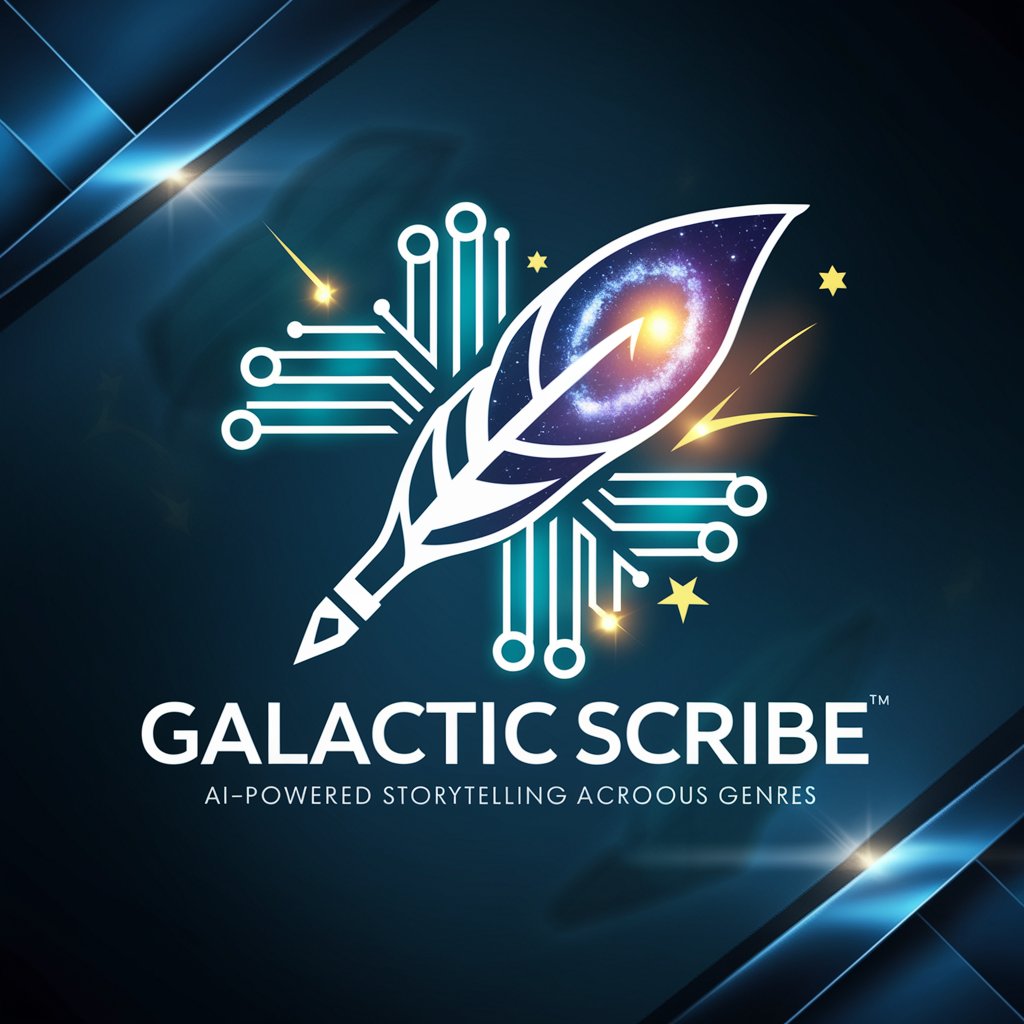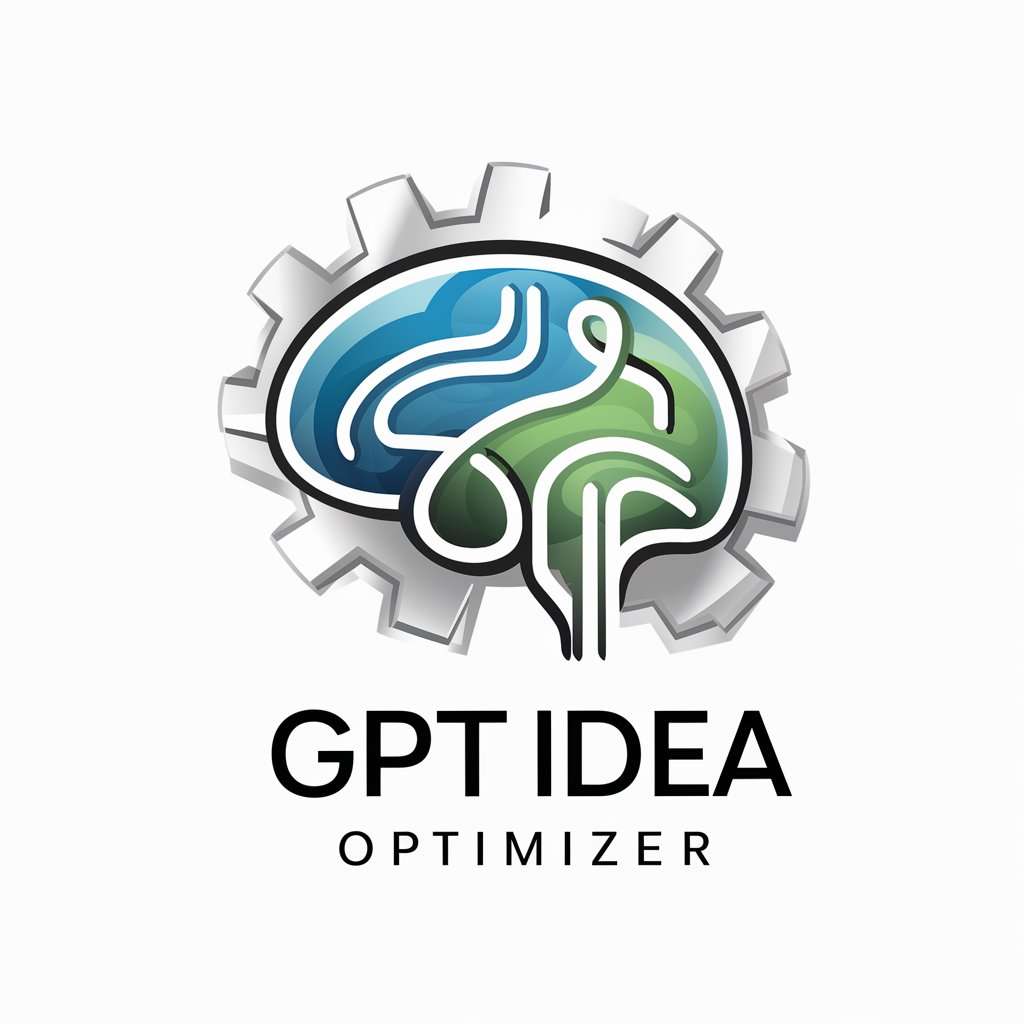Literary Essay GPT - Literary Essay Assistant

Welcome! Let's craft a compelling literary essay together.
AI-powered Literary Analysis and Essay Writing
Analyze the significance of symbolism in [novel] and how it contributes to the overall theme.
Discuss the development of the protagonist in [novel] and the factors influencing their growth.
Examine the role of setting in [novel] and its impact on the narrative.
Compare and contrast the themes of [novel] with another literary work by the same author.
Get Embed Code
Overview of Literary Essay GPT
Literary Essay GPT is a specialized version of the ChatGPT model, designed to assist users in creating essays for literary analysis. Its core function revolves around providing in-depth support for analyzing novels, poems, and other literary works. The model is engineered to understand and interpret various elements of literature, such as themes, character development, narrative techniques, and historical context. It can generate essays, offer insights into literary devices, compare and contrast different works, and provide critical analysis based on user prompts. For instance, if a user is studying 'To Kill a Mockingbird,' Literary Essay GPT can craft an essay discussing the novel's exploration of racial injustice and moral growth, incorporating direct quotations and critical perspectives to support the analysis. Powered by ChatGPT-4o。

Core Functions of Literary Essay GPT
Generating Literary Analysis Essays
Example
Crafting an essay on the symbolism in 'The Great Gatsby'.
Scenario
A student preparing for an English Literature exam needs to understand how Fitzgerald uses symbolism to convey themes of decadence, idealism, and social upheaval. Literary Essay GPT can analyze the novel's symbols, like the green light and the Valley of Ashes, providing a detailed essay that discusses each symbol's significance and how they contribute to the overall narrative.
Comparative Literature Analysis
Example
Comparing the themes of freedom and society in 'Brave New World' and '1984'.
Scenario
An undergraduate writing a term paper on dystopian literature seeks to compare how Huxley and Orwell address themes of freedom, individuality, and societal control. Literary Essay GPT can examine both novels, highlighting differences and similarities in the authors' approaches and the implications of each work's portrayal of dystopian societies.
Contextual and Historical Analysis
Example
Exploring the historical context behind 'The Grapes of Wrath'.
Scenario
A reader interested in American literature wants to understand how Steinbeck's 'The Grapes of Wrath' reflects the economic, social, and environmental challenges of the 1930s Dust Bowl period. Literary Essay GPT can provide a detailed analysis of the novel's historical background, discussing how it influences characters, themes, and narrative structure.
Who Benefits from Literary Essay GPT?
Students
Students at high school, undergraduate, and graduate levels studying literature can use Literary Essay GPT to assist with essay writing, exam preparation, and understanding complex literary works. It serves as a supplementary tool for enhancing their comprehension and analytical skills, especially when analyzing themes, characters, and literary devices.
Educators
Educators teaching English and Literature courses can leverage Literary Essay GPT to generate discussion prompts, create supplemental teaching materials, and offer personalized feedback on literary analysis. It helps in enriching the classroom experience by providing diverse analytical perspectives and fostering deeper engagement with texts.
Literary Enthusiasts
Literary enthusiasts and book club members who enjoy deep dives into literature can use Literary Essay GPT to explore new insights into their favorite works, compare different literary styles, and engage in meaningful discussions. It serves as a resource for expanding their understanding and appreciation of literature beyond surface-level readings.

How to Use Literary Essay GPT
1
Start with a free trial at yeschat.ai, no signup or ChatGPT Plus required.
2
Select the Literary Essay GPT option from the available tools to specifically tailor the AI for literary essay writing.
3
Provide a clear and detailed prompt about your literary analysis or essay requirements, including the novel's name, themes, or specific questions.
4
Optionally, upload or reference examples of essays or analysis styles you admire for the AI to mimic or draw inspiration from.
5
Review the generated content, and feel free to refine your prompts based on the initial output to achieve the desired depth and insight.
Try other advanced and practical GPTs
Content Optimiser
Elevate Your SEO Game with AI-Powered Content

Thumbnail Imitator
Revolutionize Your Thumbnails with AI Creativity

Galactic Scribe
Craft Your Narrative with AI-Powered Insights

Concise History PowerPoint Creator
Simplifying history, one slide at a time.

Content Machine 1.0
Elevate Your Content with AI

GPT Idea Optimizer
Refine Your AI Ideas with Expert AI Advice

Blog Post Creator
Empowering Engaging Blog Creation with AI

Graph Maker for GPT 📊
Turn data into visuals with AI

AI Management Expert
Optimizing AI with Expert Precision

Speech Researcher
AI-powered Audio Authenticity Analysis

SEO Scribe
AI-Powered Dutch SEO Mastery

Virtual Sommelier
Elevate Your Dining with AI-Powered Wine Pairings

FAQs about Literary Essay GPT
What types of literary essays can Literary Essay GPT generate?
Literary Essay GPT can generate a wide range of essays, including thematic analysis, character studies, comparative essays, and contextual investigations related to any novel or literary work.
Can Literary Essay GPT help with thesis statements?
Yes, it can generate thesis statements tailored to the specific themes or arguments of your essay, aiding in crafting a focused and compelling argument.
How does Literary Essay GPT handle different analysis styles?
The tool can adapt to various analysis styles, from close reading to critical theory, based on the examples or directions provided in your prompt.
Is it possible to get sources for the essay?
While Literary Essay GPT can suggest potential sources or types of sources, users are encouraged to conduct detailed research to ensure the accuracy and credibility of their essays.
How can I improve the quality of essays generated by Literary Essay GPT?
Providing detailed prompts, including specific questions, desired essay structure, and examples of writing style, can significantly enhance the quality and relevance of the generated essays.
